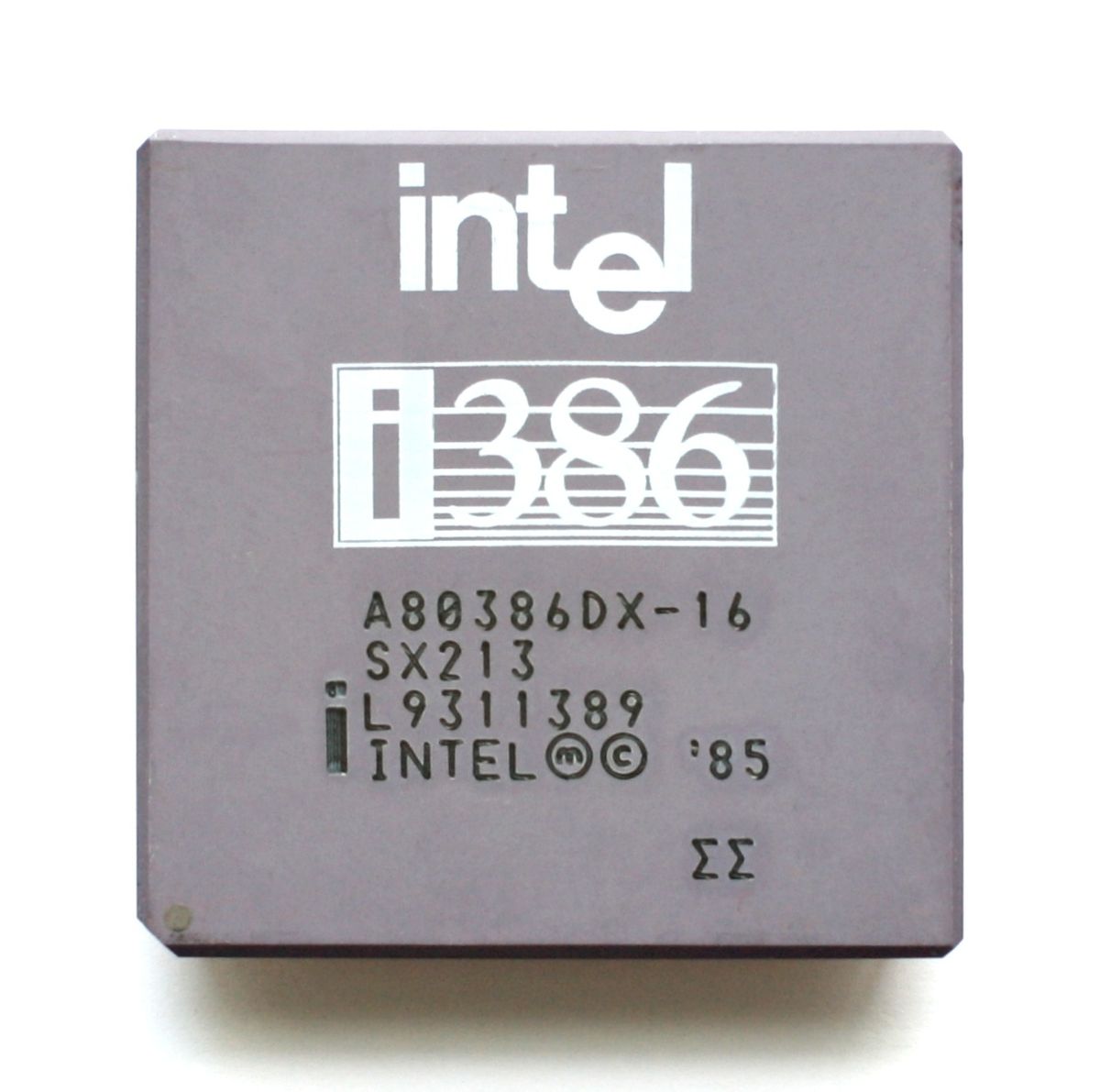
I’m a computer and open source enthusiast from Toronto, Ontario, Canada.
- 1 Post
- 38 Comments


The term “Nazi” has been overused so much, especially in US [identity] politics, that it’s losing (or has already lost) its meaning. When are we going to start calling elevator farts “genocide” and “nazism”? 🤷🏻♂️
If the outrage is based on the screenshot of the comment above, I’d say that this is a typical example of “Swiss neutrality” with a touch of “I don’t give a flying f*ck about US politics because I don’t live in the US.” I don’t see how that makes you a nazi??
I suspect I may be missing something here…
Well, they forked wireguard go… I say their seriousness will depend on:
- how well they maintain their fork
- whether or not they continue to offer their self-hosted tier
I’ve been burned too many times by startups who gathered up some initial money from investors and then went all corpo once the money dried up.


If it is indeed a boneheaded mistake, then it’s probably because of over reliance on RPC-type calls from the front-end that displays the data, to the back-end that actually handles the data. User deletes photo, and the front-end, instead of actually deleting it, tells the backend to do it… and then hides the photo from view, maybe updates its index of photos marking them as “deleted” regardless of whether the backend actually deleted the photo.
Then an OS update comes along, and rescans the filesystem, and report a bunch of new photos to the front-end, that then happily add them to the GUI to the user’s surprise.
Modern APIs and software architectures are a bloated, unnecessarily complex mess, and this is the result.
According to LocalSend docs these are the ports that need to be opened: Multicast (UDP) Port: 53317 Address: 224.0.0.167 HTTP (TCP) Port: 53317 AFAIK macOS firewall is app-based, at least in the GUI. So depending on how you installed LocalSend, you may have to add it to the list of allowed apps: https://support.apple.com/en-ca/guide/mac-help/mh34041/mac
You may be able to add the ports above to /etc/pf.conf manually, but AFAIK messing with pf on macOS is not recommended.
The other thing I wanted to ask is about Vallum. If you have it running on that Mac, would it not “take over” the macOS firewall?
I’m guessing this is a school and not a university? At a university students have more clout/rights, at least on paper.
In any case, getting your own machine is the way to go. You can run whatever you want on it. You could still (cautiously) use the school network, as long as you use a VPN; basically treat the school network as a “hostile” environment. That’s assuming VPN use is not against the school rules. :)
Is there an IT policy at your school? I suggest perusing it for 2 reasons:
- Understanding the consequences of tampering/tinkering with the spyware.
- Understanding how much authority the IT department really has, and whether or not what they’re doing with the spyware constitutes overreach.
#2 in particular is for your own knowledge/benefit. Since you’re not an employee, but a student, you may have some inherent rights under this policy, which the IT department may be violating.
Devs aren’t the brightest when it comes to sharing their code. There was a open source router firmware dev that for some ungodly reason, distributed the binaries to his router firmware builds through OneDrive. Why, I still wonder to this day… especially since his source code was on Github. At least use releases, if you’re that lazy? Still far from ideal, but at least it’s marginally better and more convenient that %#€$& OneDrive. 🤦🏻♂️
Bitwarden extension for Firefox loads but doesn’t seem able to autofill… but it works (note: I have a self-hosted VaultWarden server, not BitWarden’s cloud service).
Maybe uBlock Origin will work? It seems to be advertised on their website.
Given that this thing is a beta and based on functionality so far, I am impressed. I wish there were a way to tweak the built-in ad and tracker blockers (e.g., add/remove custom lists), but this is already impressive for the iOS/iPadOS walled garden.


I like choice. I use Librewolf with Adnauseam for sites that are in the super sketchy category, and Brave for everything else.
Using Noscript is safe, sure, but I’m not into 1992 web browsing, except at nerdout parties where we try using an old 486 laptop running Windows 95 and Netscape 4.01 to browse today’s web.
My point is that there are reasonable steps and compromises one can take to protect their privacy somewhat. Achieving Snowden level protection is cool, but not my cup of tea; too much of a compromise and loss of functionality, sorry. Sure, you can drop a nuke (like NoScript) in retaliation, but that’s overkill and will break most modern sites out there.
Brave, on the other hand, is based on uBlock Origin with actively maintained filters. It’s also 100% compatible with custom filters too. It’s also nicely deGoogled out of the box, so that’s definitely a bonus.
Wow, it’s a whole new level of f*cked up when Zuck collects more data than the Winnie the Pooh (DeepSeek). 😳